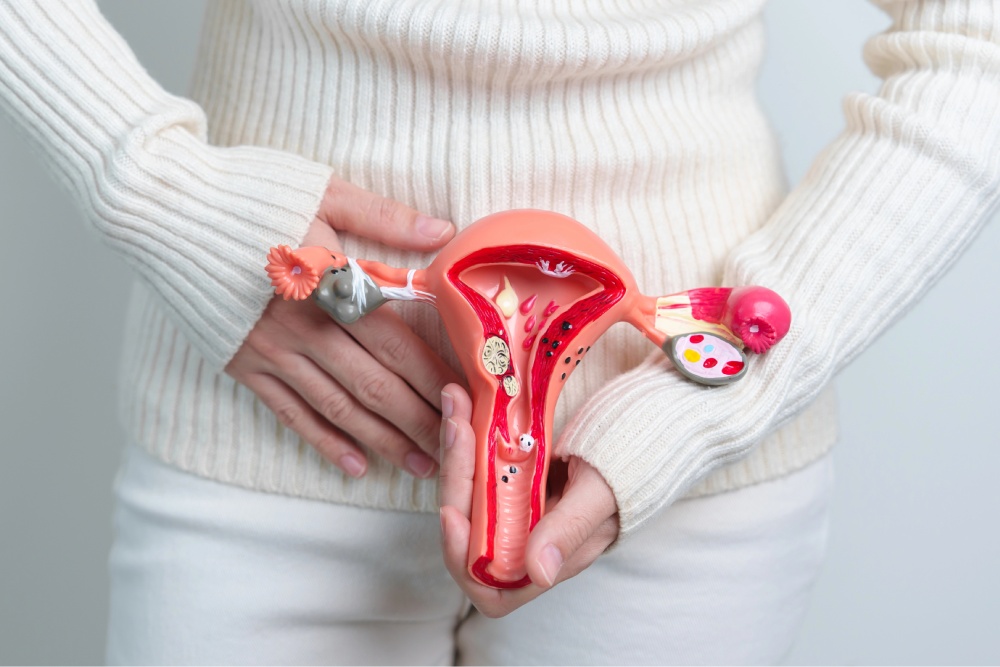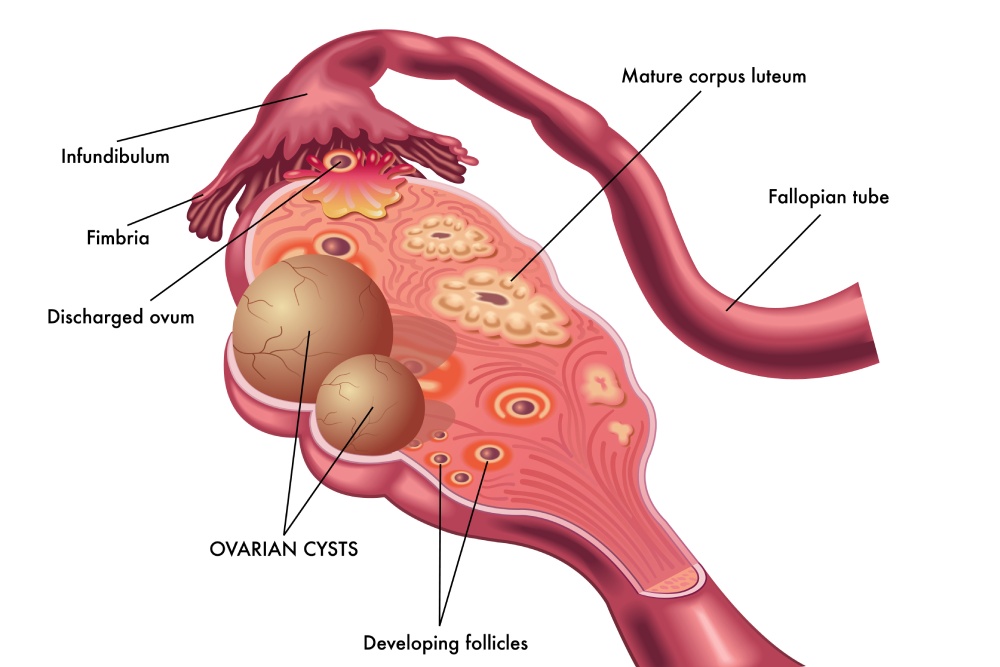
Surgical Solutions: Exploring Hysterectomy As A PCOS Treatment
Polycystic Ovary Syndrome affects millions of women worldwide, often bringing challenges like irregular periods, hormonal...
Read MoreNavigating the changes your body goes through after an endometrial ablation calls for patience and awareness. Experiencing your first period after endometrial ablation might differ significantly from your normal menstrual cycle. Anticipate lighter periods, but it's not uncommon to witness a wide spectrum of changes, including complete cessation, which happens for some, or irregular bleeding patterns for others.
Amid the sea of healthcare options, selecting a reputable ablation specialist in Florida is vital. The Women’s Center, known for its patient-focused approach, employs specialists who are adept in handling post-ablation care. We understand the uniqueness of each woman's experience and are committed to providing personalized advice and attentive follow-up care, ensuring you feel supported during your recovery and beyond.

Following endometrial ablation, the transformation in menstrual flow is among the most noticeable changes. The procedure, aimed at reducing the uterine lining, often results in a significant decrease in menstrual blood loss. For many women, this translates into periods that are markedly lighter than what they were accustomed to before undergoing the procedure. It’s not uncommon for some to mistake this decrease in flow for scanty periods, but rest assured, this is a routine outcome and one of the primary goals of endometrial ablation—to alleviate heavy menstrual bleeding.
The adjustment to lighter periods entails a shift in perspective for many, acknowledging this change as a positive indicator of the procedure's success. While the reduction in menstrual flow brings relief, it also requires a period of acclimation, as women recalibrate their understanding of what constitutes a 'normal' period for them post-ablation.
A subset of women may find that their monthly cycles manifest not as full periods but as minor spotting following endometrial ablation. This outcome, while less common, fits within the spectrum of expected experiences post-procedure. Spotting, characterized by a few drops of blood that might only necessitate a liner rather than a full pad or tampon, represents the minimal end of menstrual shedding after the uterine lining has been reduced.
For those encountering this situation, it's vital to distinguish between normal post-ablation spotting and symptoms that could suggest complications, such as infection or an untreated underlying condition. Tracking spotting patterns and consulting with a healthcare provider if there’s a sudden increase in bleeding or if spotting is accompanied by pain or unusual discomfort ensures ongoing health and well-being. It also provides an opportunity for women to discuss any concerns or unexpected changes in their post-ablation experience, fostering a proactive approach to their healthcare.
The initial months after undergoing endometrial ablation are often marked by a transition period where menstrual patterns can display irregularities. These irregularities may include variations in cycle length, flow intensity, and the occurrence of spotting between periods. Such fluctuations are a natural part of the body's adjustment process as it adapts to the changes made to the uterine lining.
Acknowledging and preparing for the possibility of irregular menstrual patterns can alleviate concerns that may arise during this adjustment phase. Patience and observation are key, as the body gradually settles into a new, more stable menstrual rhythm. During this time, maintaining an open line of communication with a healthcare provider enables the effective tracking of menstrual patterns and the identification of any deviations that may warrant further examination.
One of the common concerns surrounding menstrual experiences is the intensity of cramping. With endometrial ablation, many women experience a stark reduction in the severity of menstrual cramps, as the removal or destruction of the uterine lining often cuts down the pain signals during menstrual cycles. The sheer relief from debilitating cramps can feel like a breath of fresh air, improving the overall quality of life. Still, every woman's body responds differently to the procedure, and for some, cramping may persist at similar levels they experienced before.
It is worth noting that while some might continue to feel the same degree of cramping, the duration and side effects such as heavy bleeding tend to be less intense, simplifying menstrual management. For some, minor cramping may continue simply because the uterus is contracting to expel the limited menstrual flow that remains after the ablation.
The journey toward well-being extends well past any single procedure. At The Women’s Center, we embrace a holistic outlook on health, enveloping a spectrum wider than ablation alone. By offering a range of services from routine check-ups to advanced treatments, we are equipped to address the evolving healthcare needs of women in Central Florida, within a nurturing environment where their health narratives are heard and honored.




Polycystic Ovary Syndrome affects millions of women worldwide, often bringing challenges like irregular periods, hormonal...
Read More
Ovarian cysts after menopause may seem uncommon, but they can still develop even when the...
Read More
Uterine fibroids are one of the most common benign growths affecting women. By age 50,...
Read More